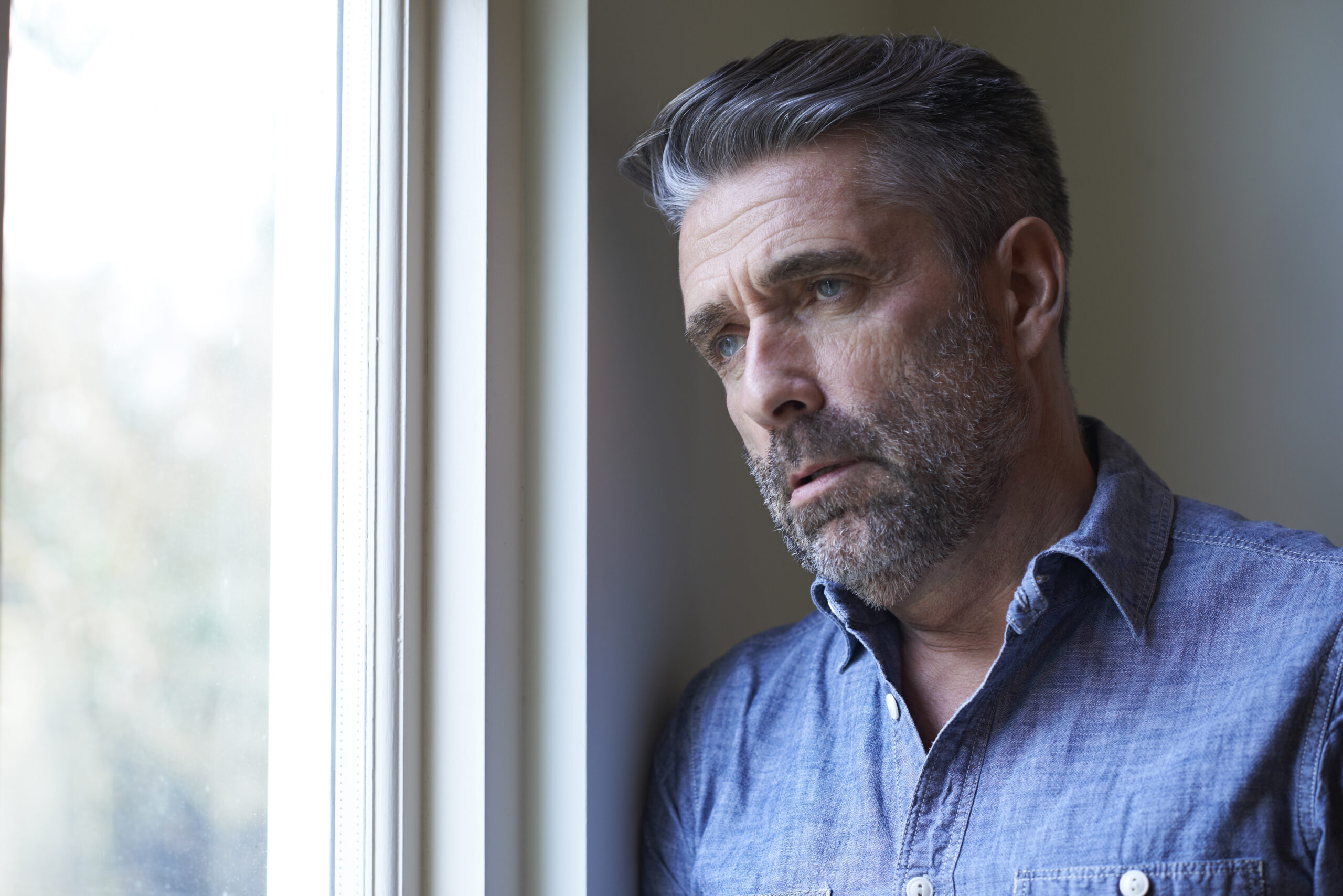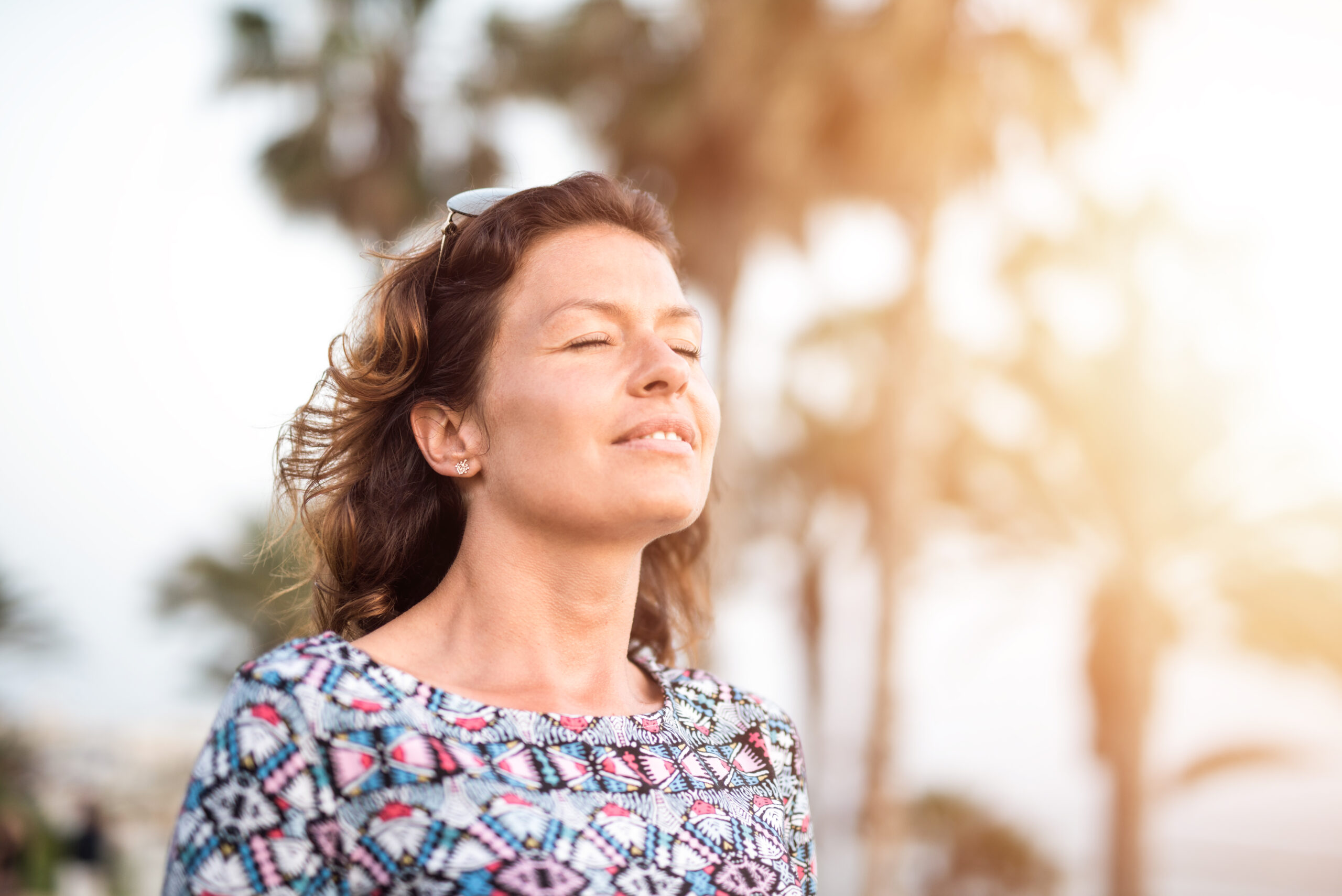
Is Equine Therapy Effective?
Most people could agree that spending time with animals has certain perks. Have you ever wondered, though, whether there’s science to back it up?
When it comes to equine therapy (also called equine-assisted services, hippotherapy, horse-assisted treatment and many other names), there’s ample evidence that it can improve mental and physical health outcomes. Here’s why.
What is equine therapy?
The American Hippotherapy Association defines equine therapy as the practice of professionals using evidence-based practices and clinical expertise to incorporate horses into treatment aimed at improving functional outcomes. Hippotherapy engages sensory and cognitive systems to offer valuable healing to those who participate.
Here are several conditions that can benefit from equine-related therapy, according to the Professional Association of Therapeutic Horsemanship International (PATH).
- Amputations
- ADHD
- Autism
- Brain injuries
- Cerebral Palsy
- Stroke
- Deafness
- Blindness
- Cognitive delay
- Down Syndrome
- Emotional impairments
- Multiple Sclerosis
- Muscular Dystrophy
- Spina Bifida
- Spinal cord injuries
These and other conditions can benefit from the bond, the movements and the setting in which humans and horses interact.
How does equine therapy work?
Equine therapy doesn’t just mean jumping on a horse and going for a ride. Equine treatments always include personalized rehabilitative goals and aligned programming. Equine therapy will look different for each individual, and is conducted with trained psychologists, physical therapists, nurses and animal trainers.
The various ways that horses can assist in improving physical and mental health are varied, so here are a few examples.
- Horses can help individuals to understand their own behavior. In the same way that humans do, horses communicate subtly through body language. A therapist can guide a person to identify how the horse responds to certain actions and recognize patterns of behavior.
- According to PATH, one of the aspects of equine therapy that make it effective is a horse’s gait. The way a horse moves is similar to a human’s gate, which allows riders with physical impairments to improve their own flexibility, balance and strength.
- Someone who has experienced trauma may struggle to overcome anxiety. In hippotherapy, individuals can learn strategies to face fear, like distress tolerance and threat assessment as they approach, ride or even jump on a horse.
Answering “how does equine therapy work?” isn’t a simple answer, and it’s largely dependent on the issue being targeted.
Is equine therapy effective?
Yes, equine therapy has proven to be a positive intervention for social, emotional and physical needs in numerous studies. For instance, a qualitative study out of Liberty University found that equine therapy was associated with increased confidence, physical improvements and social growth.
A study published in Complementary Therapies in Medicine regarding the effectiveness of animal-assisted therapy stated that when directed by a trained professional, this mode of treatment can be an effective adjunct service for mental health disorders and addiction recovery due to its holistic nature.
The areas of impact of equine therapy span a wide range. PATH states that increased confidence, leadership skills, communication, patience, the ability to overcome challenges and independence are all proven outcomes when individuals work with horses as part of a treatment plan.
Moreover, an article in the journal Nursing Open stated that equine therapy offers improved balance, well-being, quality of life, trust, muscle stiffness, self-efficacy, self-esteem, nurse presence, pleasure and a sense of accomplishment. There is ample evidence that equine therapy is worth your time.
What are the benefits of equine therapy?
The benefits of horse-assisted therapy are clear. Not only do individuals find healing and growth to overcome and manage specific conditions, but there are a host of skills to be gained that can be applied in daily life.
Working with horses is engaging and fun, and building bonds with these magnificent animals and those involved in each program is part of what makes the experience so enriching. In addition, you’ll also benefit from fresh air and time in nature.
You’ll enjoy the perk of reflection time and find that you grow in patience as your interactions slowly become more comfortable. You may even develop a life-long passion, or find a career field that suits you.
When you work with horses you’ll reap the rewards of putting hard work into something that pays off and you’ll reach benchmarks as you progress in your abilities. You’ll feel motivated to work toward your goals in equine therapy and in the rest of your treatment.
How can equine therapy help with mental health and addiction recovery?
While equine therapy can be effective for many conditions, it’s generally only an adjunct service, and should be combined with other forms of therapy. If you’re looking for treatment for mental health and addiction, equine therapy can be a tool, but not a solo source of therapy.
It’s worth your time to include it in your treatment plan, though. Equine therapy has proven benefits, it’s fun and it can help you find a healthy hobby, giving new meaning to your life. Soon after you start hippotherapy, you’ll find that bonding with these magnificent animals brings out the best side of you.
Take advantage of equine therapy benefits with Bluff. Bluff is an addiction treatment center focused on healing the whole person through a variety of techniques, including equine therapy. Schedule your appointment today, to leverage the benefits of equine therapy and other forms of treatment.







